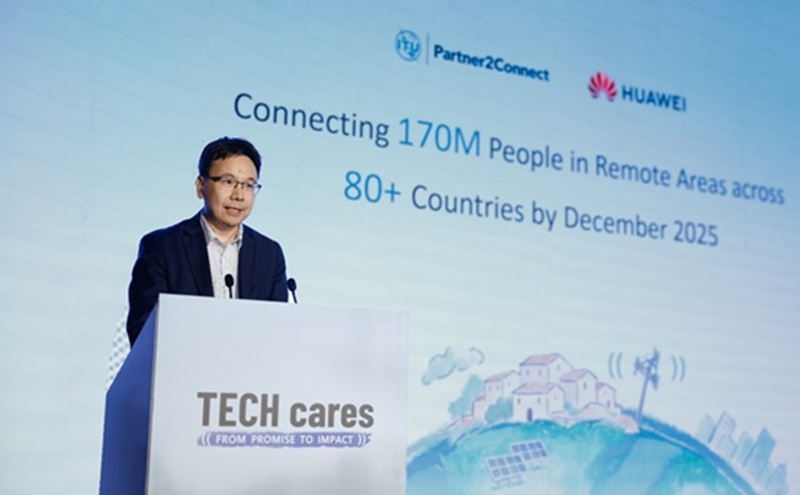OPED By Jong-Jin Kim, Assistant Director-General and Regional Representative
28 August 2024, Kathmandu
South-South Cooperation (SSC) has increasingly been recognized as one of the most efficient and effective means of exchanging technical know-how and experiences between countries of Asia and the Pacific.
OPED By Jong-Jin Ki
Unlike the traditional “donor country-beneficiary country” relationships, South-South Cooperation is more like a collaboration between countries and has significantly evolved as a proven method for one country in Asia and the Pacific to learn from another that has overcome similar developmental challenges in its own recent history. Indeed, the United Nations and other multilateral development partners have increased their focus on SSC as an important complementary modality to bridge the technological gap in support of sustainable development and eradicating poverty, inequalities and, most notably, hunger.
SSC is underpinned by several principles, which make it a highly desirable form of technical cooperation. These include Mutual respect for each other’s territorial integrity and sovereignty; Mutual non-aggression; Mutual non-interference; Equality and mutual benefit; and Peaceful co-existence.
The Food and Agriculture Organization of the United Nations (FAO) recognizes SSC as based on solidarity among partner countries for mutual benefits, whereby FAO plays a catalytic role in facilitating cooperation among countries and institutions that have proven development solutions to share with countries in need of such solutions. Given its competitive advantage, FAO has provided a framework for such cooperation, reflecting its international experience in SSC initiatives, particularly to help drive an agrifood systems transformation for the benefit of all people in the Asia-Pacific region, and worldwide.
SSC is a partnership – not a replacement for financial development assistance
It is important to emphasize the fact that SSC is not a replacement for North-South cooperation, which is highly significant and beneficial in and of itself, but rather complementary in its approaches. The main difference is SSC provides know-how, training, and knowledge exchange, rather than providing development assistance in the form of monetary grants. In any case, both are important.
The Asia-Pacific region is home to some of the world’s most cutting-edge technologies that have significantly contributed to poverty alleviation and reducing hunger. However, at the same time, the region is home to the world’s largest concentration of extremely poor and malnourished people. This anomaly is also reflected in the technologies among different countries in the region. Some have developed highly sophisticated technologies across value chains, while others are struggling with very basic and primitive technologies in the same region. Less developed countries have historically been more interested in learning from countries that had faced similar challenges not long ago.
Given this developed/underdeveloped mix of countries, the SSC approach is a logical neighbour-to-neighbour initiative in Asia and the Pacific. But given that the region has accumulated a rich and diverse set of experiences in strategies and policies related to rural poverty, agricultural development, prices, trade and institutional development, it can and does share its know-how with countries in other parts of the world. Other counties within and outside the region are quite keen to know such recipes for success, adopt and adapt them, and build on successful experiences.
Ultimately, SSC allows countries, not only to understand the results of successful experiences and effective technical know-how, but also the processes and mechanisms involved in their development, implementation and institutionalization.
While the middle-income countries in Asia and the Pacific have accumulated significant experiences and technical know-how in their own agrifood systems, some may not have access to the required financial means to facilitate the exchange with other countries. In this regard, FAO has been approaching other development partners to participate in envisaged technical cooperation. This is referred to as South-South and Triangular Cooperation (SSTC), where a third party provides financial resources to facilitate the exchange.
At the end of the day—or more to the point, at the end of this decade—there is much work to be done to meet the Sustainable Development Goals (SDG). On 12 September’s International Day for South-South Cooperation, let’s remember that SSC and North-South assistance can both help this region—and the world—achieve those goals.







